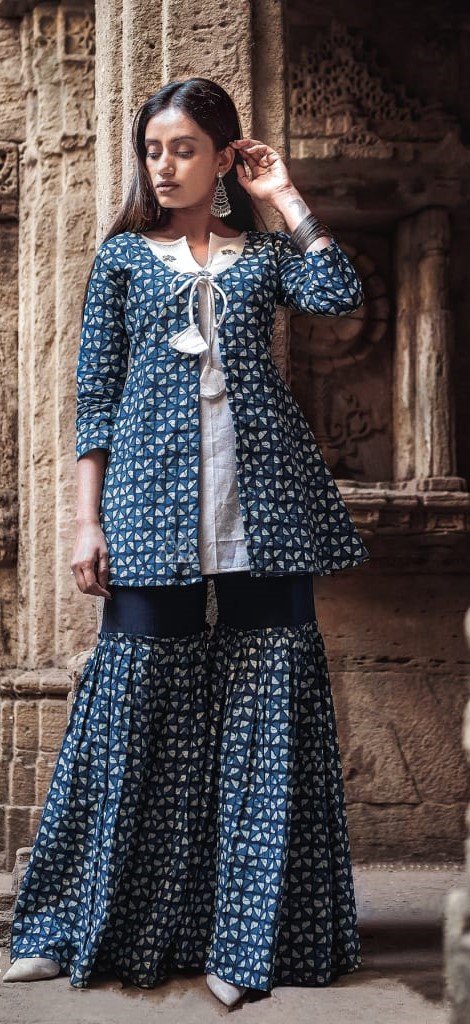Author - Mohammed Ismail
Indigo-dyed fabrics is one of the most well-known plant-derived dyes, with historical evidence of use dating back to 3000 B.C. in Asia and Africa. It is also known as one among the natural dye that is proficient enough to create the “true blue” and can be accumulated from varieties of plant sources by imbuing leaves in water and exfoliating the chemical released in the water in order to make dye.

By Applying the ancient Japanese technique of shibori, you can create the most sophisticated form of indigo designs by binding, folding, twisting, and shrinking the fabric before dyeing. It is human nature to like colors. This was the trigger point for the discovery and usage of dyes. The famous history of dyes goes way back to the time when people from jungles snapped out of their shenanigans and became refined and hence civilization was formed. Egyptian mummies were kept inside a cave that were wrapped in a cloth dye from the madder plant. In ancient times, only natural dyes that were extracted from plants and vegetables were used. Hence the range of colors and their utility were limited.

Indigo dye is the oldest and the most widely used fabric dye to be utilized in the textile and fashion industry. Many Asian countries such as China, Japan, and India specialize in Indigo-dyed fabrics. India is considered one of the oldest centers for indigo dyeing in the world, considering the fact that India has a far-reaching population with a wider reach for Indigo-dyed fabric. This fact is derived from the Greek word Indikon, which is known to be in an alliance of Indigo and India.
Blue and white striped garments were the normal attire for people of Cameroon.

In Japan during the Edo period, usage of silk was banned. So they started using cotton. During their times, it was difficult to dye cotton fibers with any other colors apart from indigo. Even today indigo is an appreciated color in the Japanese summer and it is easy to dye. Indigo-dyed color has played a significant role in several cultures throughout history.


